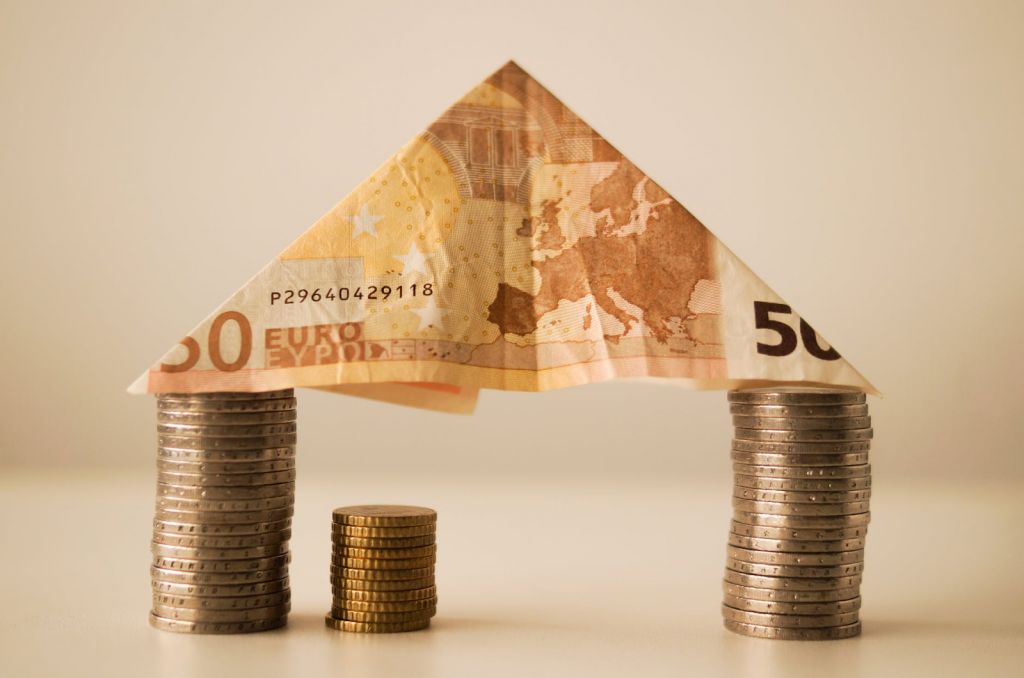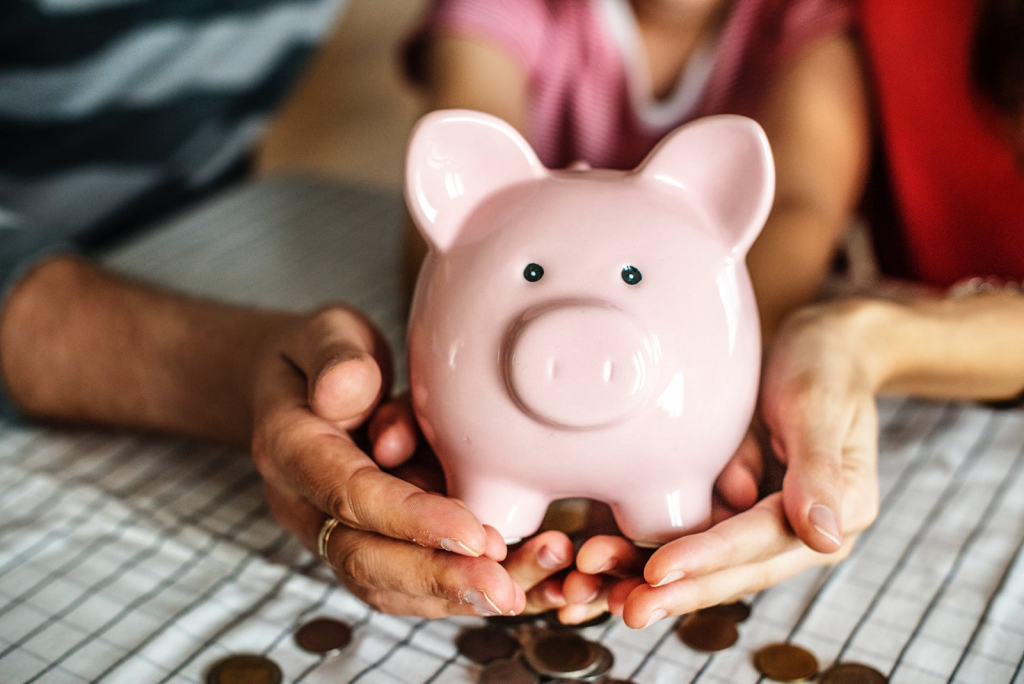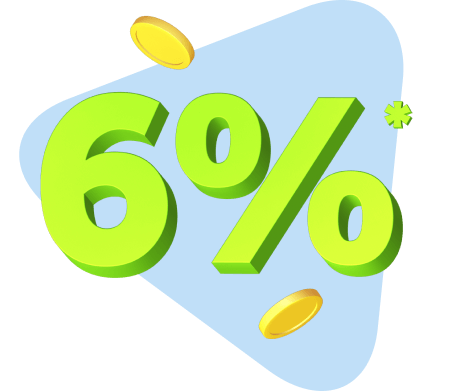Centuries ago, paper money did not exist. Instead, other forms of currency such as shells and beads were used to conduct commerce around the world. In the 11th Century, the Song Dynasty were revolutionaries in their use of a paper-based currency, paving the way for its use for centuries to come.

Today, the digital age has revolutionized the way commerce is being done. This shift, which first started with credit cards, has now permeated throughout payment systems. Today, cash is not only being used less often, but it is also viewed as an obsolete form of payment to the point where it may not exist for much longer.
Living in a cashless society
Let’s face it. Cash is becoming obsolete. Most transactions these days are made using something other than the paper money which has been ubiquitous across the globe for the past century.
The first move toward a cashless society began with the innovation of the credit card in 1950. Payments made on a card would either deduct the amount of the payment from a bank account, or accrue in a credit account which would be later paid back by the consumer.
In the past decade, additional innovations have furthered the cashless society. Amazon’s one-click ordering makes it easy to buy anything from diapers to electronics with the click of a button or swipe of the finger. Other mobile payment apps such as Apple Pay, Alipay, and Venmo have upped the ante, making it easy to send money around the globe via a mobile device.
Digital assets are also playing their role in making cash obsolete. Bitcoin started a digital cash revolution that has taken the control of money away from individual nations and dispersed the control in a decentralized fashion. Digital assets like Bitcoin aren’t controlled or owned by anyone, and therefore are truly global and uncensorable. These principals make digital assets a better version of their cash counterparts.
All of these new options for digital payments are faster and easier to use than traditional cash, leading many people to believe that physical money itself is becoming obsolete and won’t last through the next decade.
Can we still teach people the value of money when cash is only digital?
Even though a cashless society is more efficient, it does raise concerns over how to teach people the value of money. Because anything can be paid for with the click of a button or the swipe of a finger, consumers are getting further and further away from their money and understanding its value.

This could come into play the most when it comes to children. Young children today will likely live most of their lives in a world where cash isn’t the primary payment system used. In this new world, how will children be taught about money?
One example of this move to a cashless world is the classic board game Monopoly which is getting rid of paper money in lieu of electronic commands for money exchange. Unfortunately, this move doesn’t please money experts. Laura Levine, president and CEO of the JumpStart Coalition for Personal Financial Literacy, noted, “Not having access to cash, both real and play money, does make it harder to teach younger kids about money and money management.”
Luckily, there are options for teaching kids about using money in the digital age. One app out of the UK called Gohenry has designed a Visa debit card for kids. The card is connected to the gohenry app and teaches children how to use and save money they earn from doing chores and other tasks. Other, similar apps like Bankaroo and FamZoo are also geared toward the same goal of teaching children the value of savings without the use of traditional cash.
Countries on their way toward a fully cashless society
The world is clearly moving toward a cashless society. Currently, most nation’s still use paper money on a regular basis. However, there are two countries which have already adopted a cashless society, and can therefore teach us a lot about how that process looks as well as its benefits and potential problems.
Sweden
It only took 8-years for Sweden to reduce its payments in cash from 40% to 13%, and that number continues to decline toward zero. This is thanks to a few initiatives being spearheaded by the country’s government and institutional banks.
Six Swedish banks banded together to create Swish, a mobile payment system for Swedes which has already been used by 6.5 million of the country’s 10 million residents. Using the Swish app, a user’s bank account is connected to their phone number, making it easy and seamless to send money instantly.
Another upcoming innovation which will help Sweden reach its goal of a cashless society by 2023 is the introduction of the Swedish digital currency. Dubbed the “e-Krona”, this digital currency is already being tested by the country’s central bank in a pilot program, with an expected release by 2021. The e-Krona is expected to be a form of digital money with traceable transactions and a prepaid value. This would help, say, foreigners in the country loan money onto a locally issued card.
China
Hot on the tails of Sweden with its own cashless aspirations is China. The country has its own technological innovators for digital payments in the form of Alipay and WeChat Pay which have taken the country by storm. As a result, there are already stories of street vendors no longer taking cash, and instead requiring payments through these mobile apps. This has caused mobile payments in China to overtake both Visa and Mastercard.
This movement has been spearheaded by Millenials who have since influenced their parents to join the digital payments revolution. The Chinese propensity for technology has made them a prime target to get rid of cash payments altogether. He Fei, a senior researcher at Bank of Communications in Shanghai, notes how the big market players are driving mobile payments:
“Mobile payment is set to claim more ground in China with the dual giants of Alipay and WeChat Pay further consolidating their lead,” he said. “In addition, more smart devices would be available for payments like wristbands and watches in the future.”
China is also working on its own version of a nationwide digital currency to replace its Yuan as the national currency. However, this digital asset will not be decentralized, and instead, be controlled completely by the People’s Bank of China and other commercial banks in the country. China’s Digital Currency Research Lab has submitted more than 50 patent applications which outline the two-tier digital currency system, digital wallet, and other technologies that will be used in this project.
There are concerns, however, that if China does go fully cashless it could severely hurt those who are poor and/or live in rural areas of the country. The other concern is that moving all payments to the digital world will mean even more control for the Chinese government, which is known to wield heavy surveillance over its citizens. Unfortunately, this sentiment is not shared by the country’s residents who seem aloof and unaware of why this would make for potentially massive security and privacy issues.
Why we need cash – An alternative view
Not everyone is a fan of a cashless society. In fact, many economists and moral experts believe cash is a necessary aspect of our world to keep equality and fairness in the economic system. Several cities in the United States have banned retail establishments from refusing to accept cash and excluding those who do not yet participate in the world of digital payments.

Cash is a tool that is often used by the poor more than the wealthy. This is because those living in poverty often do not fit the minimum requirements for opening a bank account to make digital payments. At the same time, those who barely exceed these requirements can open a bank account, but find themselves paying excess fees for accessing and using their own money which drives them further into poverty. These people are driven into a cash economy by which to conduct business and meet their basic needs.
Paper currency also allows consumers to avoid government surveillance in all areas of their lives. Digital payments via credit cards and other payment processors are tracked and recorded, meaning, these transactions are always being watched. Paper currency, on the other hand, is virtually untraceable, allowing consumers privacy in their financial transactions. Without such privacy, governments and regulatory bodies around the globe will have access to all of the world’s financial transactions. This is playing out in real-time as residents of Hong Kong are gravitating toward paper currency transactions to maintain their privacy from the Chinese government.
One way the cashless revolution could ensure privacy is the use of truly decentralized cryptocurrencies such as Bitcoin that are untraceable and uncensorable forms of digital assets. This combines the benefits of uncensorable paper currency with digital payments that could make for the best long-term solution.
The revolution is almost here
Think about how often you use cash today versus 10-years ago. It should quickly become apparent that cash is being phased out as an old technology, and being replaced by digital payments from credit cards, digital assets, and mobile payments.
While these technologies have improved the efficiency and speed of financial transactions, they don’t come without a cost. Almost all of these digital payments can be traced and also make it difficult for the poor to participate in this digital financial world. As the world gets closer and closer to a world without cash, these issues must be addressed in order to create a safe, open financial world for all.




